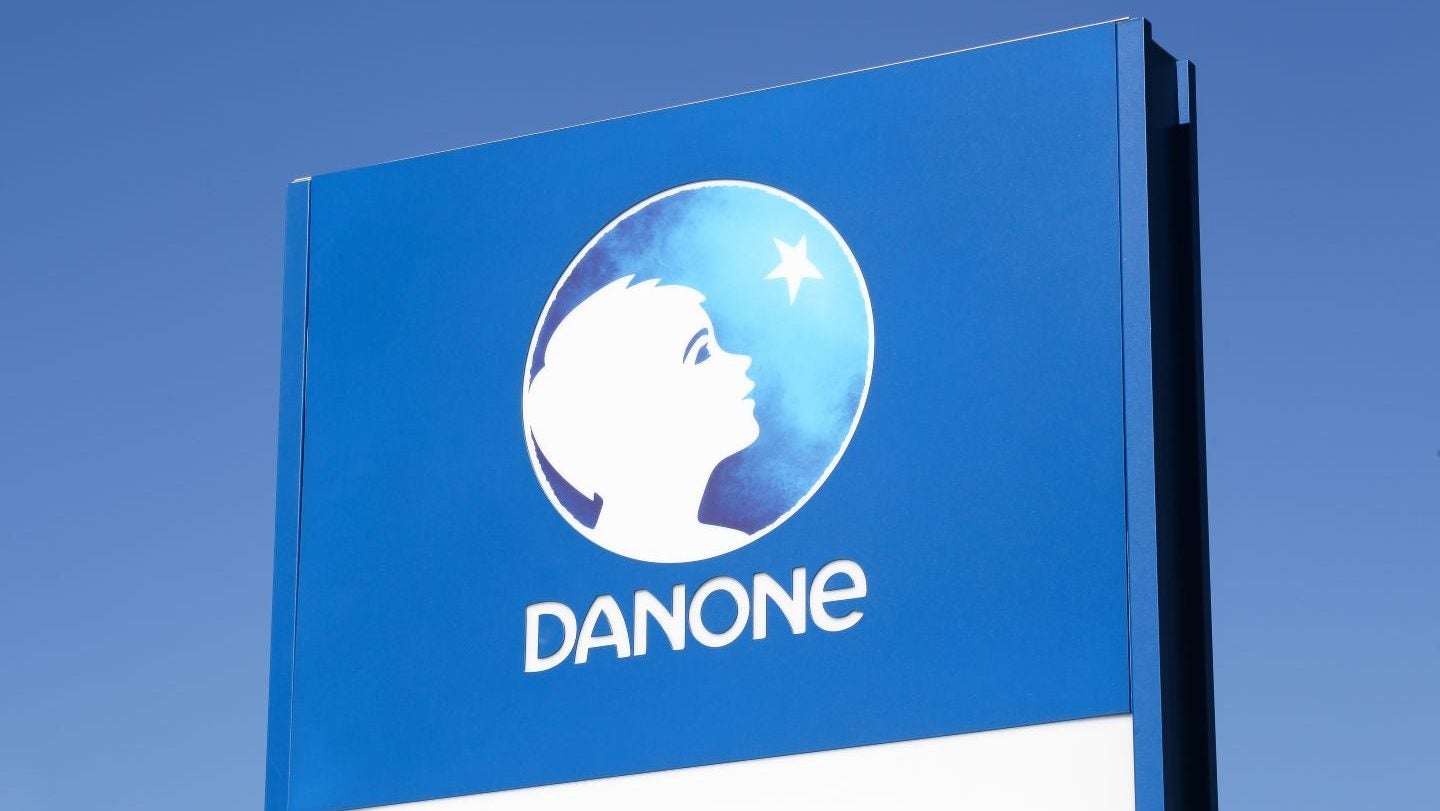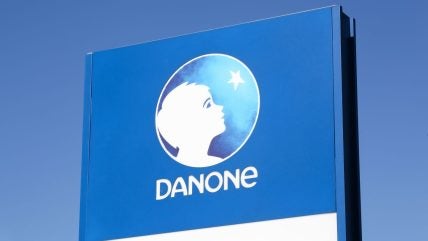

Dairy giant Danone said it expects to continue to apply pricing measures throughout 2024 as it continues to tackle inflationary pressures.
Speaking to analysts today during its annual results call, CEO, Antoine de Saint-Affrique, said: “We are not in [a] world of deflation, we are in a world of slowing down inflation.”
Danone’s CFO, Juergen Esser added that the company “[expects] inflation to further normalise in 2024, but as Antoine said, there will be inflation.”
The main drivers, he said, include “elements like transport… you see oil prices back around $84-$85”, “cost of labour”, high prices of raw materials like sugar, and “the forex”, which plays “a role especially in emerging markets”.
As a result, Esser indicated that pricing strategies would still remain, with it being “much more selective… depending on the category and depending on the region”.
He added that, “pricing is positive overall for the year 2024”.
Access the most comprehensive Company Profiles
on the market, powered by GlobalData. Save hours of research. Gain competitive edge.

Company Profile – free
sample
Your download email will arrive shortly
We are confident about the
unique
quality of our Company Profiles. However, we want you to make the most
beneficial
decision for your business, so we offer a free sample that you can download by
submitting the below form
By GlobalData
In its annual results for 2024, Danone booked net sales of €27.6bn ($29.9bn), an increase of 7% on a like-for-like basis.
The company saw operating income of €2bn, a 4.7% drop on 2022, while recurring operating income sat at €3.5bn, a 3.1% hike on the previous year.
Net income for the group declined 8.1% year-on-year at €881m.
By category, in the fourth quarter Danone’s dairy and plant-based products category (EDP) booked +4.5% like-for-like sales growth and volume/mix growth of 2%, at €3.5bn.
For the full year, the EDP category saw sales grow on a like-for-like basis 6.6%, but volume/mix growth dropped by 1.4%, at €14.3bn.
In Q4 2023, the Specialised Nutrition segment, which includes infant and adult nutrition formulas, saw sales grow 4.7% like-for-like, but volume/mix growth drop 1.3%, at €2.2bn.
On an annual basis, the unit saw sales growth go up 6.7% on a like-for-like basis, with slim volume/mix growth of 0.6%.
Commenting on its EDP business, Esser said “we’re really pleased with the last quarter on the category performance”, with growth being “almost entirely driven by Europe and North America”, with its “Greek platform”, Oikos yogurts, continuing “to outperform the market”.
He added: “In Europe, many of the fundamental parameters for EDP are going up and so is our volume mix for EDP in Europe. When you look at the shelf, the rotation on the shelf, all of this is contributing to the fact that market shares have been sequentially stabilising in Europe, and… EDP has been contributing to this good picture of the category overall.”
Discussing EDP performance in at-home versus out-of-home channels, Esser said, “we see positive contributions of volume mix across the channels but… on-premise has been contributing the most to double digit growth across the geographies”.
He added that this was “true for North America [and] for Europe and is a result of the focus of the team on this channel”.
Speaking on the performance of its US-based Silk plant-based milks and yogurts brand, Esser said the company was starting to see a “stabilisation of our shares”.
He stressed that there was “more to do”, and that “the journey is not over”, with the group looking to continue “pivoting towards something that is much more occasion-based and benefits-based” in its advertising.
Danone also spoke about the overall cash impact of the deconsolidation of the EDP business in Russia.
Earnings per share grew 3.4% at €3.54 year-on-year, driven by operational performance which was partially offset by the loss of business in Russia.
According to Esser, the deconsolidation of the business had “zero cash impact”.
Reports have emerged this week suggesting that the Acitmel maker is to sell its Russian operations to a local peer, Vamin Tatarstan, for Rbs17.7bn ($191m).

